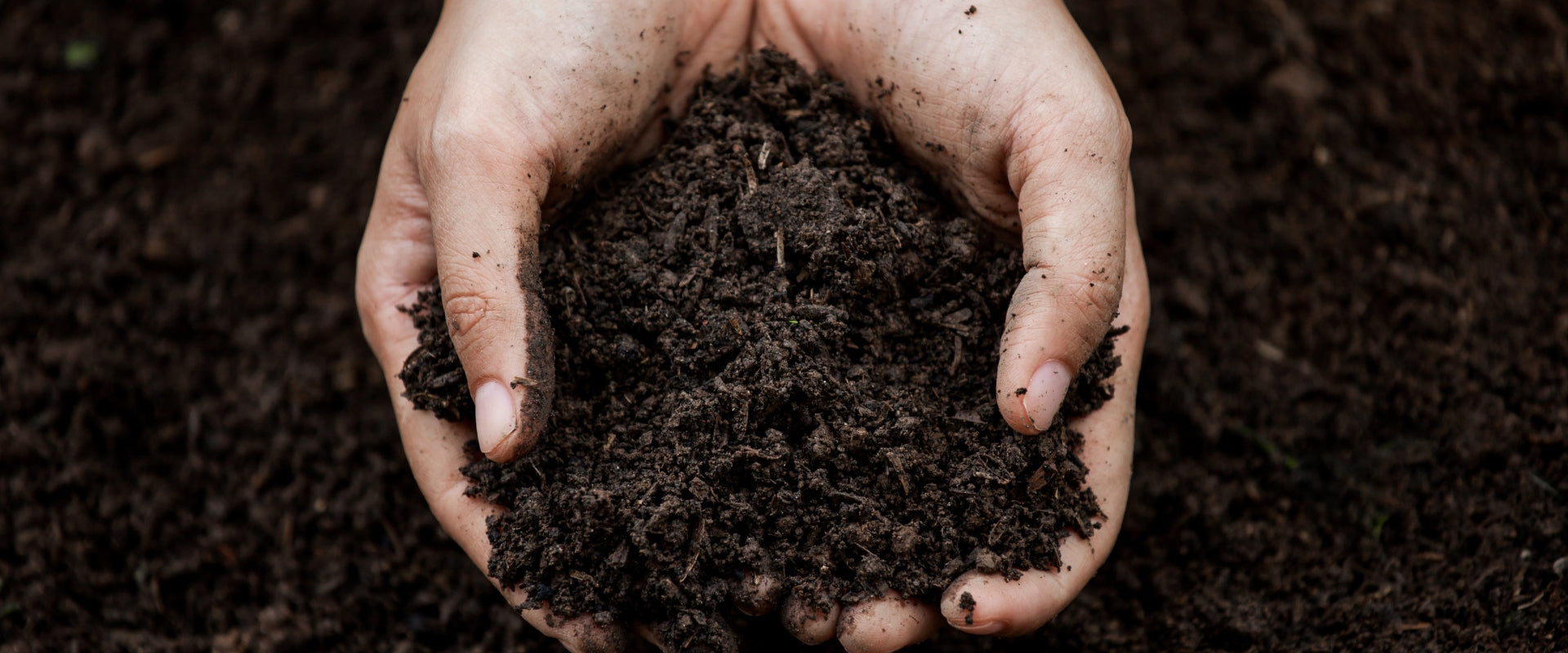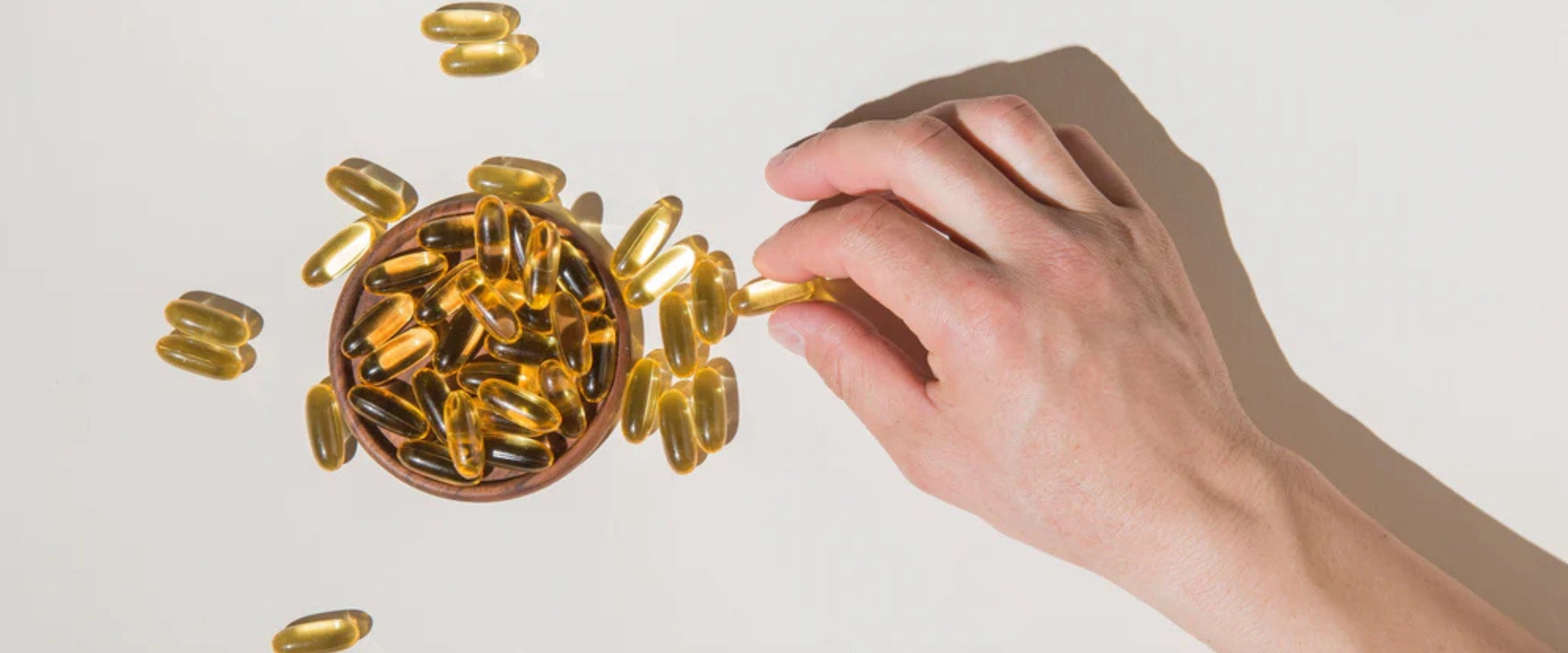By Jen Weinhardt, Director of Research and Development at True Grace
You know macronutrients (think: carbs, protein, and fat) impact exercise. If you’ve ever cracked a Women’s Health magazine, you know about glycogen reserves and carb-loading before an endurance event like a marathon, and that it’s important to get enough protein to replenish your body’s amino acid pool for muscle building. And you definitely know you should be drinking enough water to stay hydrated.
Something you probably don’t consider, though, is micronutrient intake and exercise. Vitamins and minerals play an important role in cellular metabolism (aka the work your cells do to produce energy), fluid balance, supporting the immune system (which is often temporarily suppressed during exercise), regulating hormones, and many other functions in the body.
In other words, micronutrients play an under-recognized role in sports nutrition. But just as with macronutrients, exercise can make your micronutrient levels dip.
Micronutrient levels can often vary, even before factoring in exercise
While you need relatively small amounts compared to the macronutrients, micronutrient metabolism can still be affected by exercise. This is important because as a population, we’re already at risk for micronutrient deficiency due to not eating enough of key vitamins and minerals1.
For example, up to 50% of Americans are deficient in magnesium. Globally, 17.3% of the population is at risk for zinc deficiency1. About 1 billion people worldwide have vitamin D deficiency, and 50% of the population has vitamin D insufficiency (not as serious as deficiency, but still not good)2.
Chronic stress can also deplete the body’s micronutrient stores8. And who isn’t under stress these days? Combine that with prolonged exercise, and it’s a recipe for deficiency.
What kinds of micronutrients are affected by exercise?
Certain minerals take a hit
Copper, chromium, iodine, iron, magnesium, potassium, sodium, and zinc are all influenced by exercise, and the body experiences increased turnover of these nutrients during exercise3,4. To top it off, mineral metabolism is also influenced by excessive heat. What if you’re doing hot yoga? Running outdoors in Texas in the middle of June?
Antioxidants work overtime
Exercise increases oxidation within the body, and antioxidants like vitamins A, C, and E can help prevent free radical damage. But are you taking in enough of these antioxidants to support that? After all, “What’s my antioxidant status?” probably isn’t top of mind before you head into spin class.
B vitamins feel the burn
B vitamins are important for energy production and amino acid metabolism, and athletes may need up to twice as much as the general population does4,5. Even if you’re not an advanced athlete, exercise can increase your turnover of — and need for — B vitamins. (Plus, if you’re a vegetarian or vegan, B12 is a nutrient you should pay attention to as it’s tough to get from plant-based foods6.)
Vitamin D and calcium drop (while doing their best to protect you!)
Vitamin D is important for keeping your calcium levels stable, and adequate calcium is important for bone health5. When you have strong bones, you’re able to maintain a higher level of physical activity. Calcium is also important for regulating muscle contractions and blood pressure.
While vitamin D can be created in the body with sunlight exposure, we’re often working out indoors or wearing sunscreen, which can block production. And just as it does with many other micronutrients, exercise depletes vitamin D and calcium. Studies suggest that up to 42% of female athletes have insufficient vitamin D levels, and up to 90% have an inadequate intake for calcium. These two deficiencies combined can increase the risk of bone fractures and, later in life, osteoporosis7.
How to replenish
You’re probably thinking, Great, but how do I get ALL of these micronutrients in? Seems like a lot.
The good news is you can replenish these nutrients with a good multivitamin. This begs the question: What does a good multivitamin look like?
You’ve seen plenty of multivitamins out there. They all contain a range of minerals and vitamins. What True Grace Multivitamins offer that others may not is transparency and assurance that each vitamin and mineral is present at a dose that will make a difference to your health.*
We pack our multis with micronutrients that play a concrete role in true health. Then we add ingredients you wouldn’t expect to see in a multivitamin, like adaptogens and medicinal mushrooms. These can help support stress management. (Remember when we mentioned chronic stress can deplete micronutrients in the body?) Plus, mushrooms have been used for centuries in Traditional Chinese Medicine, often to benefit energy and performance. Cordyceps, for example, is renowned for its involvement in energy production, oxygen utilization, and improved muscle recovery—effects that serve an active lifestyle well.*
We source the highest-quality vitamins from wholesome sources, and we use fermented and chelated minerals because they’re more bioavailable—aka readily absorbed and easily digested. (Chelated minerals are bound to amino acids so the body actively absorbs them.) And fun fact: We use coenzyme B vitamins because they’re already in the active form the body recognizes, making their utilization much more efficient.*
While everyone’s micronutrient needs are different, vitamins and minerals are important for maintaining overall health … especially if you’re all about that TRX life.
*These statements have not been evaluated by the Food and Drug Administration. This product is not intended to diagnose, treat, cure, or prevent any disease.
1 https://www.cdc.gov/nutrition/micronutrient-malnutrition/micronutrients/index.html
2 https://www.ncbi.nlm.nih.gov/books/NBK532266/
3 https://www.ncbi.nlm.nih.gov/books/NBK236242/?report=reader
4 https://www.nutri-facts.org/en_US/news/articles/micronutrients-and-physical-activity.html#:~:text=Prolonged%20exercise%20performed%20on%20a,for%20an%20increased%20dietary%20intake.
5 https://pubmed.ncbi.nlm.nih.gov/10746356/
6 https://www.eatright.org/food/vitamins-and-supplements/types-of-vitamins-and-nutrients/vitamin-and-mineral-needs-of-athletes
7 https://www.rutgers.edu/news/female-athletes-risk-nutritional-deficiencies
8 https://pubmed.ncbi.nlm.nih.gov/31504084/




